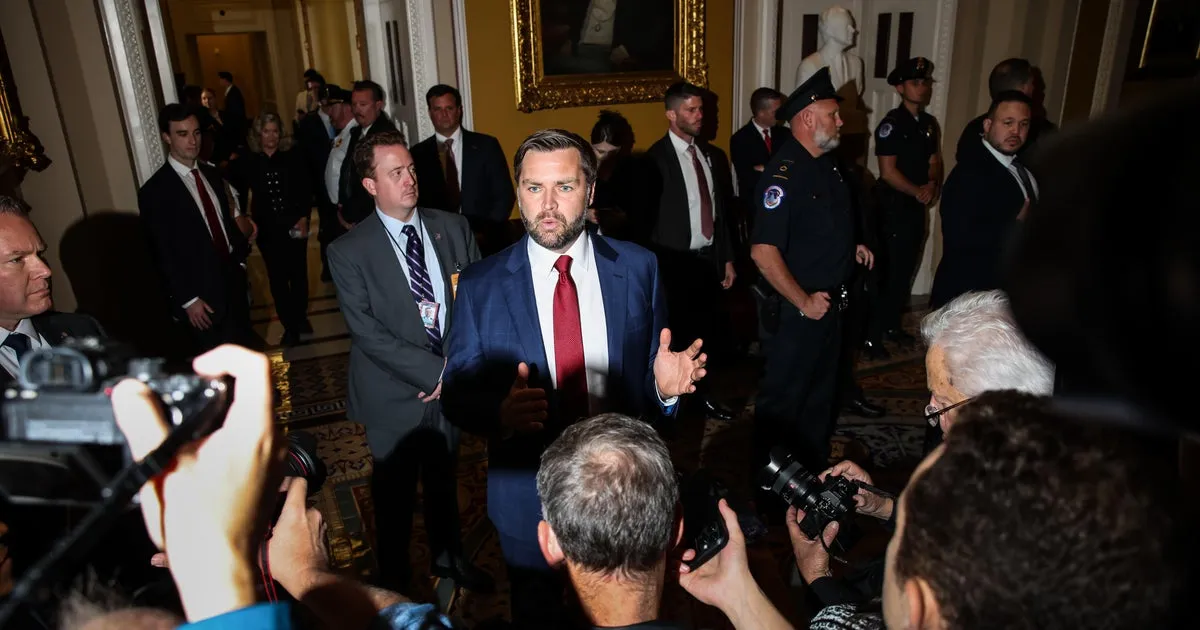
The ongoing government shutdown has now extended beyond four weeks, with no immediate resolution in sight. Members of Congress from both parties continue to engage in a blame game, pushing their opponents to concede. Senate Democrats are advocating for the extension of key health insurance subsidies that are set to expire. In contrast, Republicans are pushing for a swift conclusion to the shutdown without any conditions attached, before entering negotiations on healthcare issues.
This impasse has significant implications, as thousands of federal employees are currently missing paychecks, and tens of millions of recipients of food aid are on the brink of losing their benefits starting this weekend. In light of this severe situation, CBS News conducted interviews with various lawmakers about their efforts to address the second-longest funding lapse in modern U.S. history.
Senate Minority Leader Chuck Schumer, a Democratic senator from New York, expressed concern about the growing pressure on Republicans as critical bills approach their due dates at the start of next month. The open enrollment period for health insurance under the Affordable Care Act (ACA) begins on November 1. Schumer warned that as enhanced Biden-era insurance subsidies disappear, American households in over 30 states will be shocked by increased costs. He stated, “People are going to cry out, and I believe there will be increased pressure on Republicans to negotiate with us.”
During a recent visit to Capitol Hill, Vice President JD Vance urged Senate Democrats to collaborate in ending the shutdown. He remarked, “We just need five more reasonable Democrats to do what the American people want us to do, to open up the government.” In recent weeks, moderate Democrats, including Sens. John Fetterman and Catherine Cortez Masto, along with independent Sen. Angus King, have voted with nearly all Republicans in favor of a House-passed stopgap measure. This measure could potentially extend government funding at current levels until mid-November, but it still lacks the necessary votes to pass the Senate.
House Minority Leader Hakeem Jeffries, a Democrat from New York, criticized Republicans for their priorities, stating, “It’s extraordinary that Republicans have been able to find $40 billion to bail out a right-wing wannabe dictator in Argentina, but can’t find a dime to extend the Affordable Care Act tax credits.” Jeffries also pointed to the impending end of Supplemental Nutrition Assistance Program (SNAP) benefits, highlighting that 42 million Americans, including 16 million children, could face hunger. Democrats have proposed utilizing a $5 billion contingency fund to maintain SNAP benefits, but Agriculture Secretary Brooke Rollins indicated that the agency lacks the legal authority to access those funds.
Republican Senator Cynthia Lummis from Wyoming redirected the blame towards Democrats, stating, “I have voted over 13 times to open the government with a clean continuing resolution. When the Democrats were in control, I voted to open the government with a clean continuing resolution.” Lummis emphasized that the responsibility lies with Democrats since they are currently in control of the situation.
Democratic Representative Jamie Raskin of Maryland criticized House Republicans for their absence since the shutdown began. He insisted, “Everything we’ve been doing here… is to demand that they come back, reopen the government, restore health care to everybody, and get past this crisis.” House GOP leaders contend that they have already passed a continuing resolution, placing the onus on the Senate to act.
Republican Senator Josh Hawley from Missouri expressed discontent with the current political standoff, stating, “Do you want 42 million people to go without food? This has reached the point of insanity.” He has called for Congress to pass his standalone bill aimed at restoring funding for SNAP benefits and expressed willingness to engage in discussions with anyone willing to negotiate.
Democratic Representative Mark Takano from California emphasized the importance of informing the public about the urgency of the situation. “We’re doing all we can to make sure the American people understand the stakes, and the power to end the shutdown is in the American people,” he stated, urging Republicans to come to the negotiating table.
Republican Senator Ron Johnson of Wisconsin expressed optimism, asserting that there is still room for negotiation. He supports the Shutdown Fairness Act, which guarantees pay for essential federal employees who continue working during the shutdown. Johnson acknowledged a willingness to consider Democratic proposals to ensure all federal workers, including those furloughed, receive pay, stating, “I think I’m actually optimistic.”